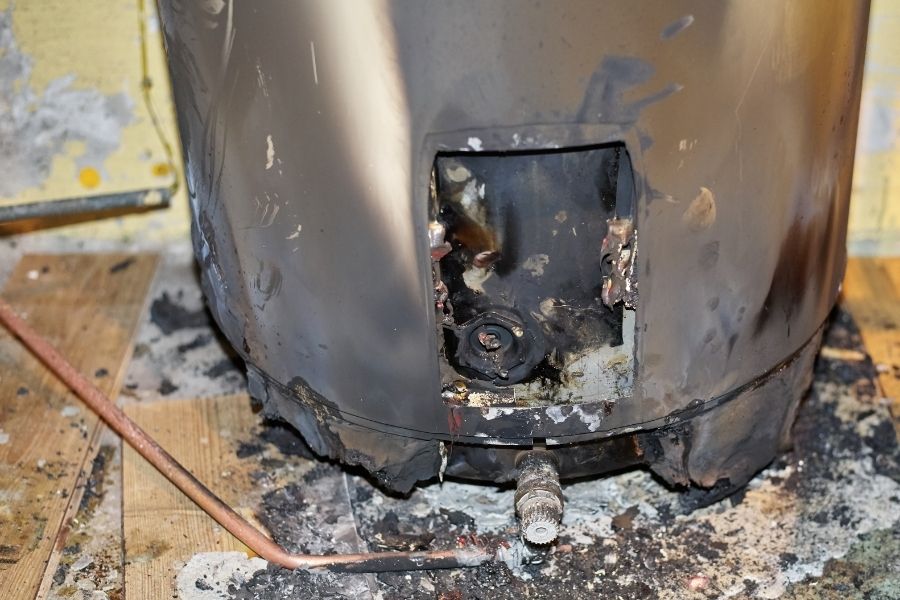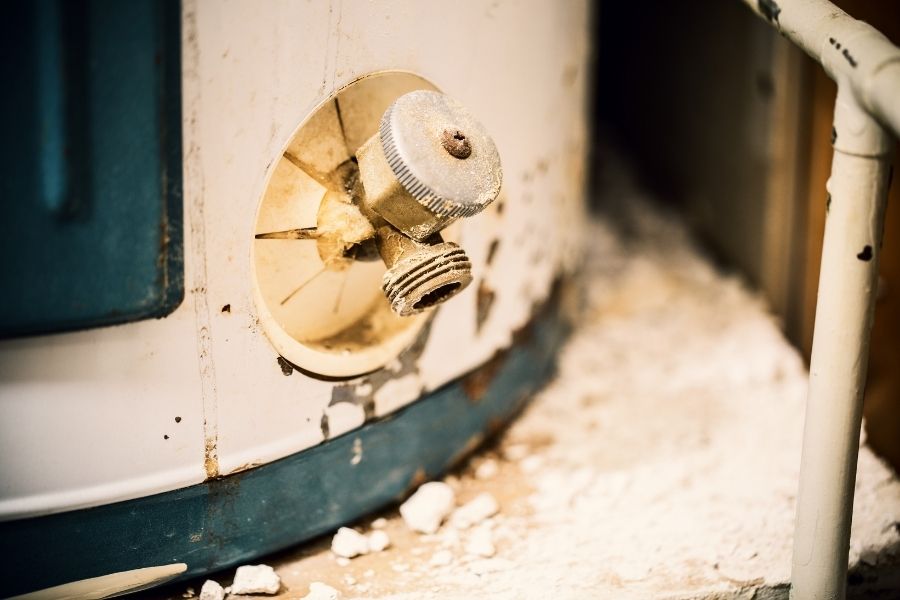A leaking water heater can lead to significant water damage, a problem that poses a particular risk for residents of Monroe, Michigan. This issue is not just about the inconvenience of a malfunctioning heater – it can also lead to structural damage to your home, mold growth, and other health hazards. Understanding the risks is the first step towards effective prevention.
The risks associated with a leaking water heater range from a simple cleanup and repair to more severe consequences. When water seeps into the structure of a home, it can weaken the structural integrity, causing severe damage over time. The damp environment also provides a perfect breeding ground for mold and mildew, leading to respiratory and other health problems.
Prevention is Always Better Than the Cure
Regular maintenance and water heater inspections are vital strategies for early leak detection and prevention. This includes checking for signs of corrosion, inspecting the pressure relief valve, and monitoring the water temperature.
Identifying a leak early can save you from costly repair and restoration. Signs of a leaking water heater include:
- Pooling water around the heater.
- Dampness on the surrounding walls or floor.
- A significant increase in your water bill.
If a leak is detected, it’s essential to shut off the power and water supply to the heater and call a professional immediately.

Is Your Water Heater Older?
The age of your water heater plays a crucial role in the likelihood of leaks and failures. As water heaters age, they become more susceptible to corrosion and wear and tear, making them more likely to develop leaks. It’s generally accepted that water heaters have a life expectancy of 8 to 12 years, and after this period, the risk of malfunction increases significantly. If your water heater is reaching this age, consider a replacement. Regular preventive maintenance can extend its lifespan, but eventually, upgrading to a more modern, energy-efficient model is the most reliable way to prevent leaks and water damage in your home.
Getting Your Water Heater Repaired or Replaced
The repair process for a leaking water heater usually involves identifying the source of the leak and replacing the faulty parts. In cases where the water damage is severe, restoration may be necessary. This could include drying the affected area, removing damaged materials, and replacing them.
Identifying a Leak in Your Water Heater
Regularly checking your water heater can help identify a potential leak early. Look out for common signs, such as pooling water around the base of the heater. This is typically a clear indication of a leak. Dampness on nearby walls or floors can also suggest a leak, and it’s a sign that shouldn’t be ignored. An inexplicably high water bill could also indicate a slow, unnoticed leak.
Steps to Take Upon Discovering a Leak
If you discover a leak in your water heater, immediate action is crucial. First, switch off the power supply to the heater to prevent electrical accidents. If it’s a gas heater, turn off the gas supply. Then, shut off the water supply to stop the leakage and prevent further water damage. After you’ve taken these safety measures, contact a professional plumber or a water heater repair service immediately. Their expertise is essential in effectively addressing the leak and mitigating potential water damage.
Call a Professional for Water Heater Repair in Monroe, Michigan
If you’re experiencing issues with your water heater in Monroe, Michigan, don’t hesitate to contact the professionals at J&K Heating and Cooling. Our dedicated team is equipped to handle water heater leaks efficiently and perform any necessary repairs or replacements. Get ahead of water damage by giving us a call at 734-587-3184. We’re ready to provide prompt, reliable service to ensure your home remains safe and comfortable. Take your time with leaks to become more significant problems – contact J&K Heating and Cooling today.


